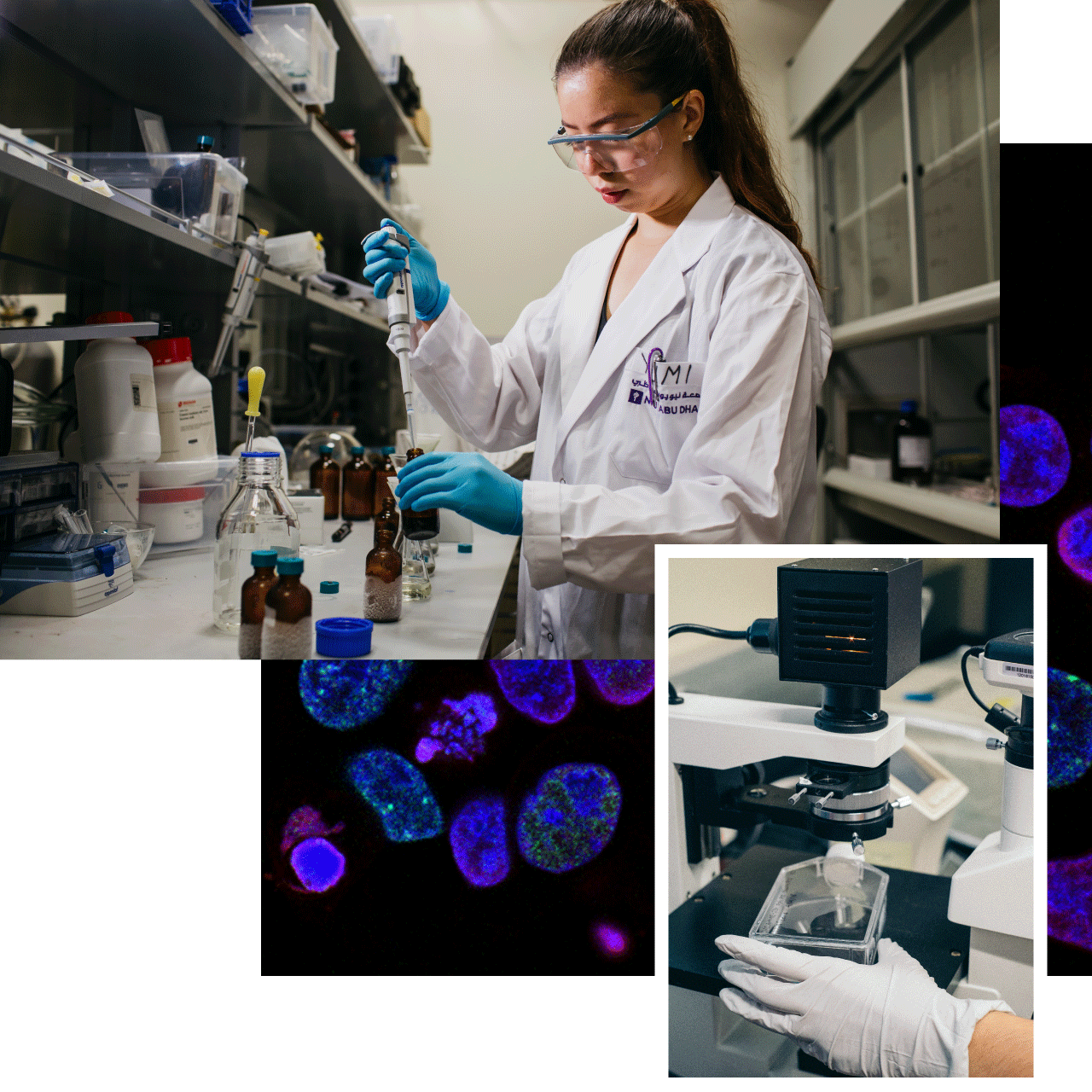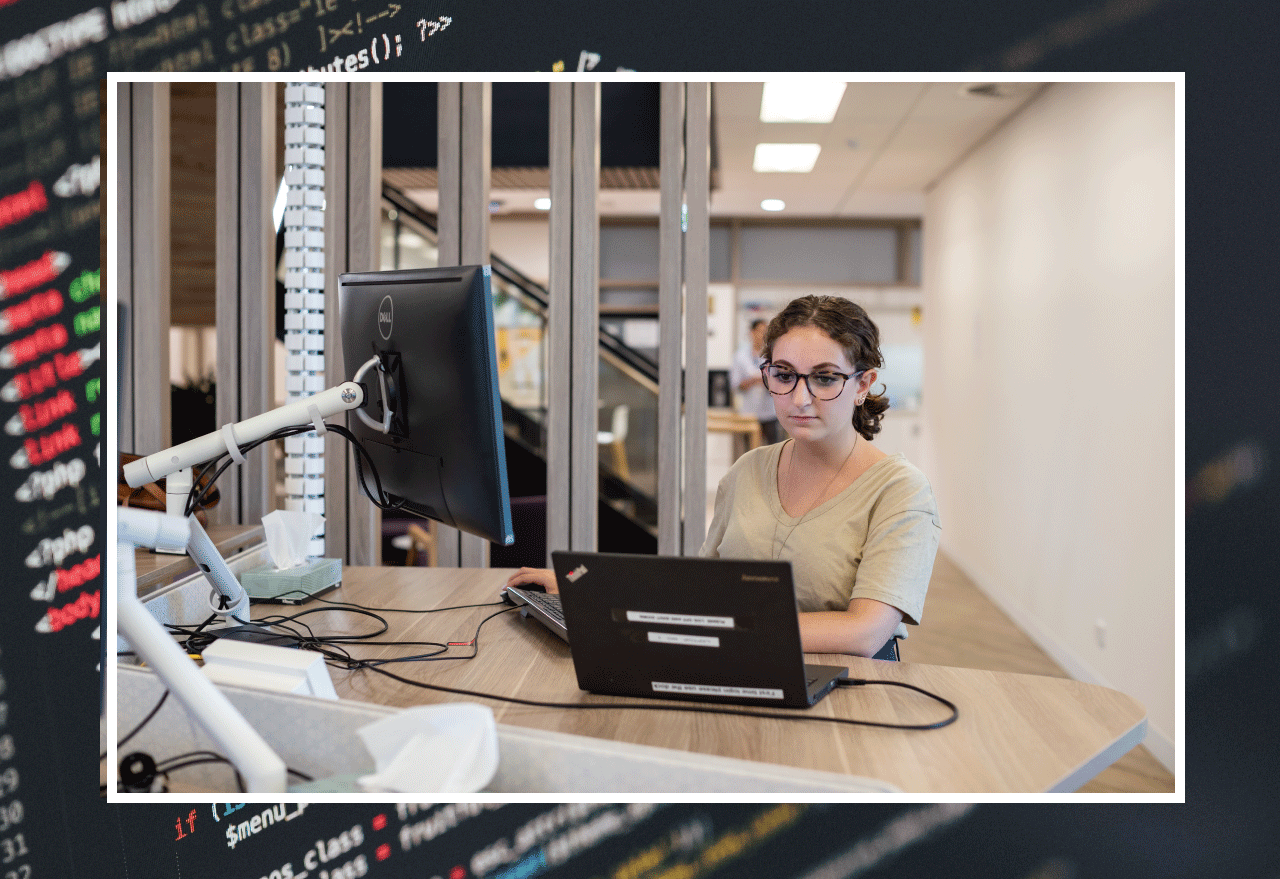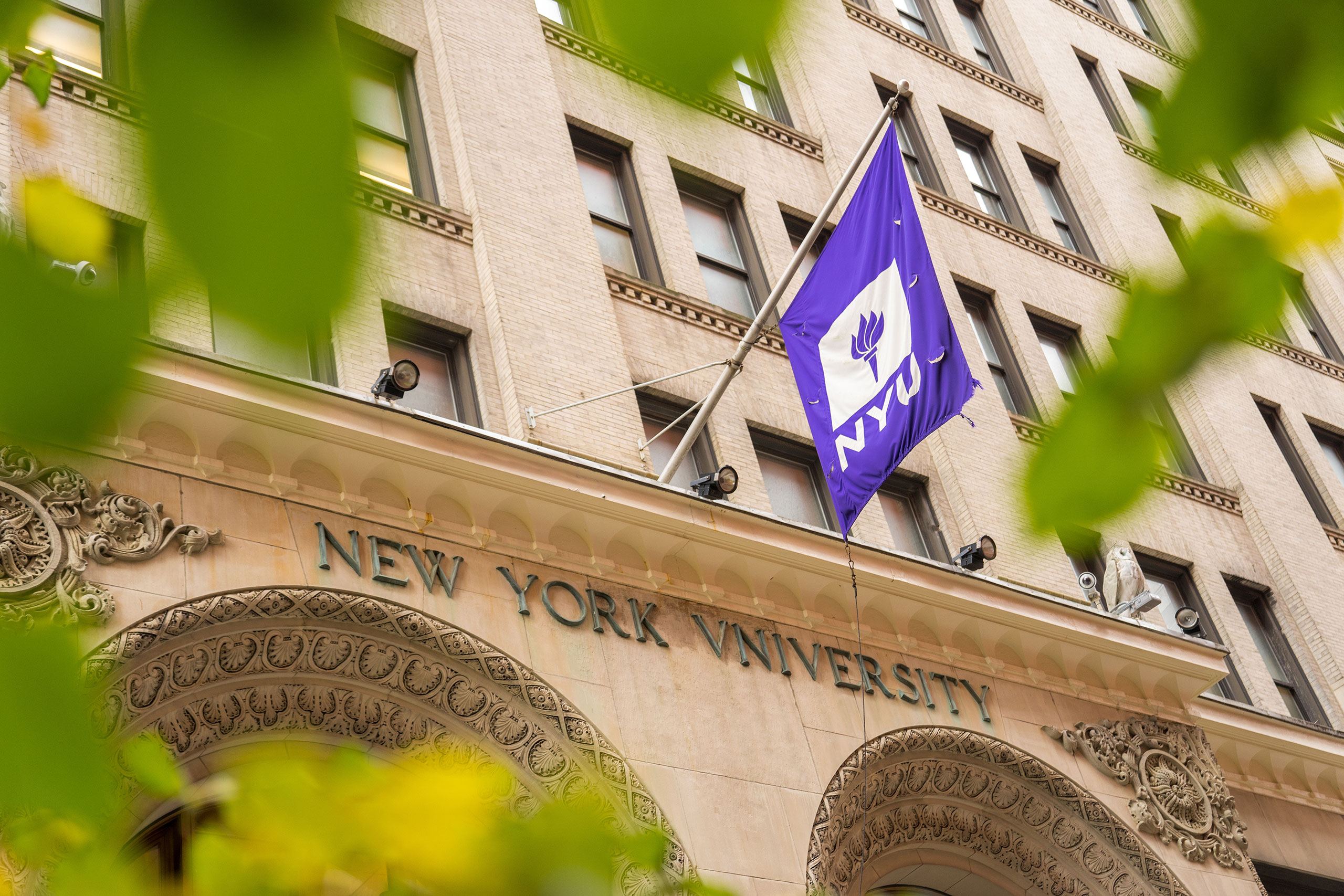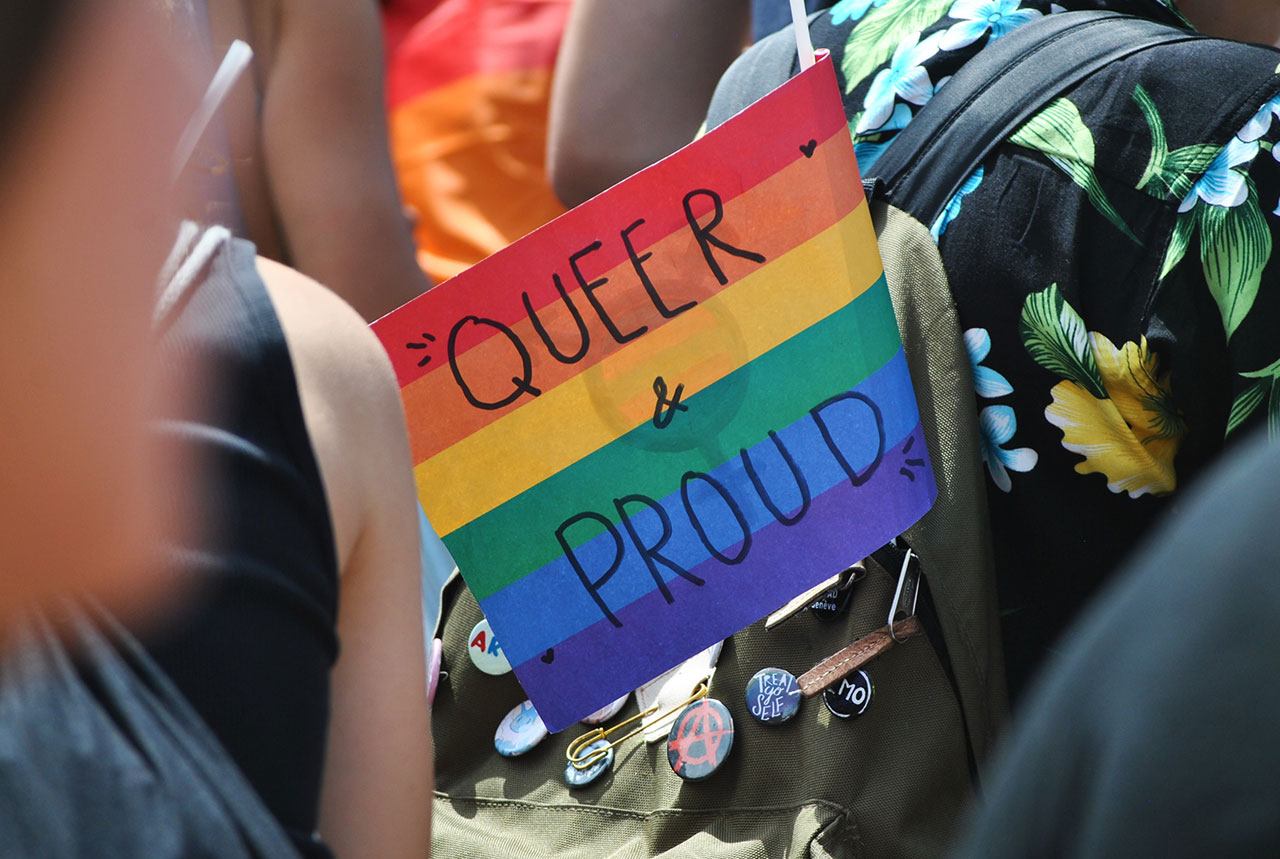Since the launch of NYU’s Center for Bioethics in 2007, more and more NYU students enroll in courses on the ethical issues that arise in health care and biological science—such as assisted reproduction, childhood vaccination efforts, and the moral status of robots. Students from various programs across the University continue to show interest in these topics. But with already busy schedules, many of them don’t have time to take additional courses. To overcome this problem, students founded Bioethics @ NYU, an undergraduate club that promotes interest in bioethics outside the classroom.

A Place for Everyone
According to the club’s copresident Katherine Harrison, anyone and everyone can join Bioethics @ NYU. In fact, that’s one of her favorite aspects of the club.
“Our club draws students studying philosophy, biology, English, psychology, gender studies, and more because the issues we talk about relate to everyone and every subject,” says Katherine, a junior biology student. “It’s very common for college students to only spend time with people in their major because they take classes with them every day. But Bioethics @ NYU brings so many different people together in one dialogue. That’s important because we can all learn something from one another.”

Shaping Perspectives on Bioethical Issues
Throughout the semester, Bioethics @ NYU invites different professionals, such as doctors, lawyers, and professors, to talk about the ethical issues they encounter on the job. In response to the pandemic, these talks have pivoted to the online space, as have the group’s other events. Katherine and her fellow board members use Zoom to host all of the club’s discussions, guest lectures, and debates. Despite the necessary changes, she says the events still pack a punch and elicit lively debates among club members.
Katherine’s favorite event thus far featured a discussion on the ethics of organ donation led by a member of the NYU Langone Health ethical board. “At first, the topic seemed pretty cut and dry to me,” says Katherine. “If someone signs up to donate their organs, just take their organs and give them to someone in need. But then we started talking about what to do when someone doesn’t sign up for organ donation. And we ended with a discussion about what it really means to be alive or dead. This was my favorite Bioethics @ NYU event. The questions we debated kept changing and everyone was really engaged.”
In addition to virtual speaker events, Bioethics @ NYU has organized Netflix parties for Black Mirror, the sci-fi series that considers technology’s impact on humanity. During the watch parties, club members practice identifying and discussing the different ethical issues that arise in each episode.
Although COVID-19 forced Bioethics @ NYU to shift gears a bit, the club’s goal remains the same: to host educational events that help students develop their own stance on current bioethical issues. That, says Katherine, is a critical part of being an informed citizen.
“Whether you realize it or not, bioethical issues have an effect on you,” she says. “Discussions and legislation about the ethics of issues like physician-assisted suicide, gene editing, and the impact of artificial intelligence are already happening. And the policies put in place will impact everyone. It’s crucial for people to be knowledgeable about these issues so they can effectively advocate for themselves.”



